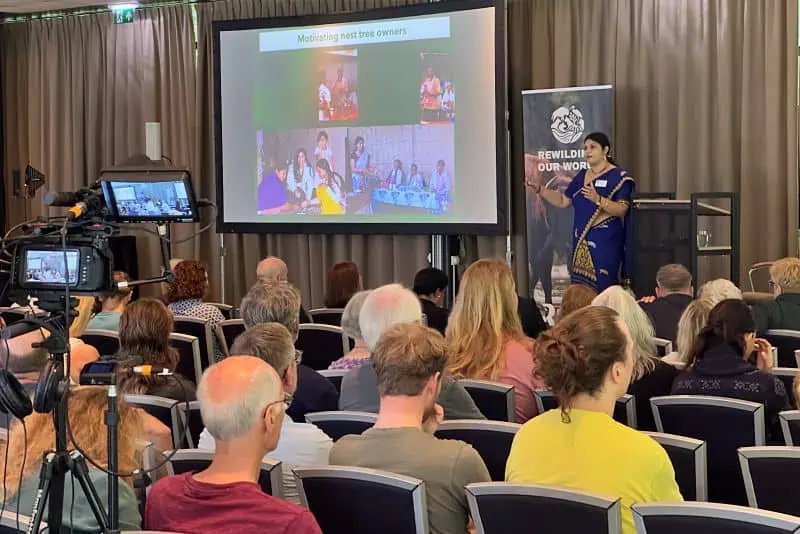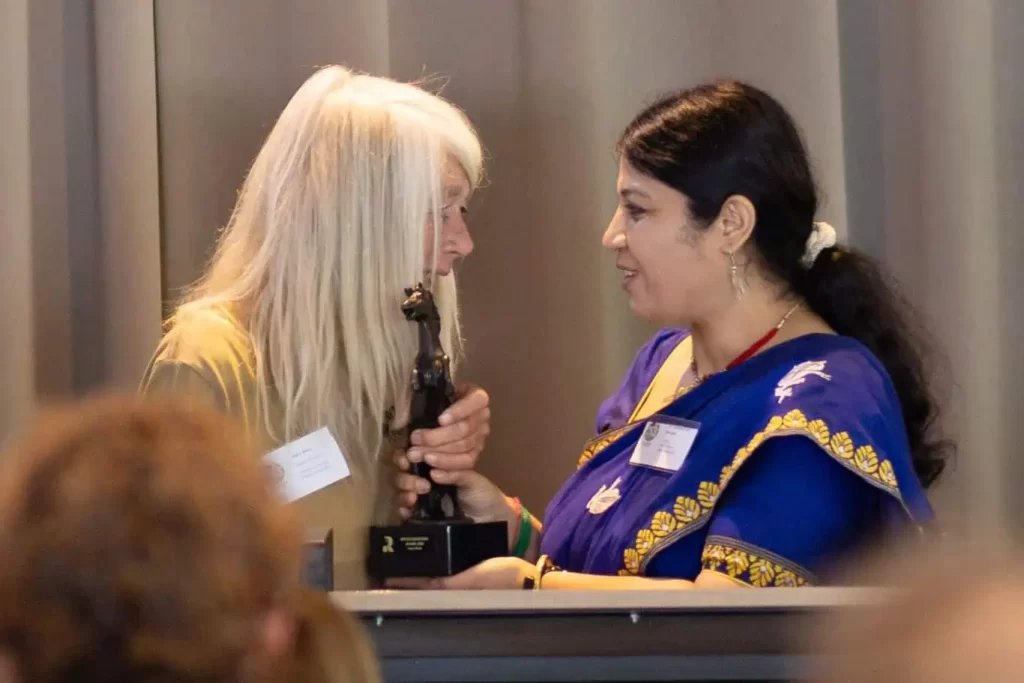Share:
Consultative Meeting on Integrating Land Restoration in Education and Establishing Nature Labs in Schools

On June 26 and 27, 2024, the G20 Global Initiative on Reducing Land Degradation and Enhancing Conservation of Terrestrial Habitats hosted a consultative meeting, bringing together 15 diverse participants from around the globe. The G20, an intergovernmental forum comprising 19 countries, the European Union, and the African Union, launched this initiative in 2020 to combat land degradation and bolster terrestrial habitat conservation, aiming to reduce degraded land by 50 percent by 2040. This event was a testament to the collective efforts and commitment toward achieving this ambitious goal.
The initiative’s Coordination Office, established at the United Nations Convention to Combat Desertification (UNCCD), plays a crucial role in ensuring the effective implementation of this goal. The G20 Global Land Initiative is also at the forefront of the Land Challenge under the UN Decade on Ecosystem Restoration, emphasizing the importance of involving all countries and terrestrial ecosystems.
Integrating Land Restoration into Education
A significant focus of the event was on integrating land restoration into educational curricula, a step seen as vital for fostering environmental stewardship and sustainable development among future generations. The initiative recognizes that educating young minds about land restoration’s ecological, social, and economic benefits is essential to addressing the environmental challenges our planet faces. By embedding these principles into the curriculum, students can develop a comprehensive understanding of the importance of restoring degraded landscapes, empowering them to participate actively in restoration projects and inspire innovative approaches to sustainable land management.
Rewilding Activities and Global Participation
Among the notable presentations, Rewilding Academy showcased their pioneering work in ecosystem restoration, training and education, demonstrating the practical and transformative impact of such efforts. Alongside Rewilding Academy, 14 other participants from aroundthe world presented their projects focusing on education and land restoration. These presentations underscored the global nature of the initiative, highlighting diverse approaches and solutions tailored to different ecosystems and communities.
The Role of the G20 Global Land Initiative
The G20 Global Land Initiative’s workstreams are comprehensive, encompassing knowledge sharing, engaging the private sector, empowering civil society, and building capacity. These efforts aim to promote and strengthen institutional skills, regulatory frameworks, technology, innovation, investments, and resources dedicated to land restoration.
Workshop Highlights
The workshops held during the event focused on developing a strategic plan to integrate land restoration principles within school curricula for students aged 11-16. This will include the creation of relevant online and offline materials for use in schools and at home. One of the workshop’s innovative elements is the development of Nature Labs in schools worldwide. These labs are designed to provide students with hands-on experience in land restoration activities, fostering a deep connection with the natural world.
Objectives and Outcomes
The key objectives of the workshop included:
• Developing a comprehensive plan to integrate land restoration into global school curricula.
• Establishing Nature Labs to offer experiential learning opportunities.
• Building a global network to facilitate the exchange of ideas, experiences, and best practices among educators, environmental experts, and policymakers.
The workshop aimed to create a collaborative action plan for schools to integrate land restoration into their educational programs. Another crucial goal is the formation of a global network of schools committed to implementing and sharing innovative practices in environmental education, supported by the development of Nature Labs.






